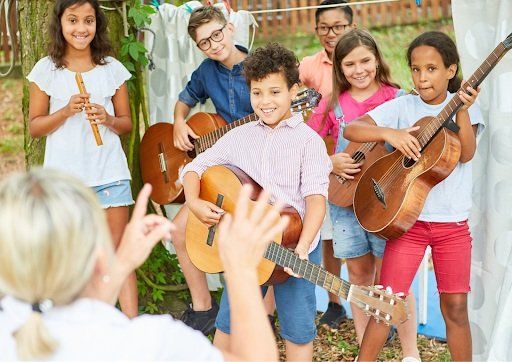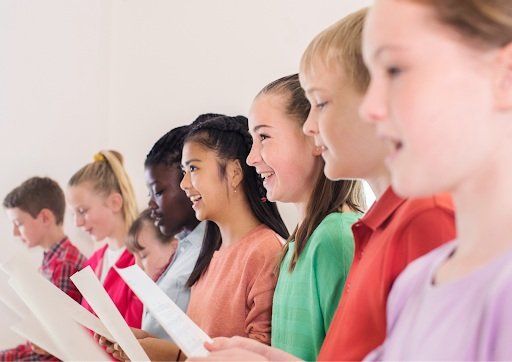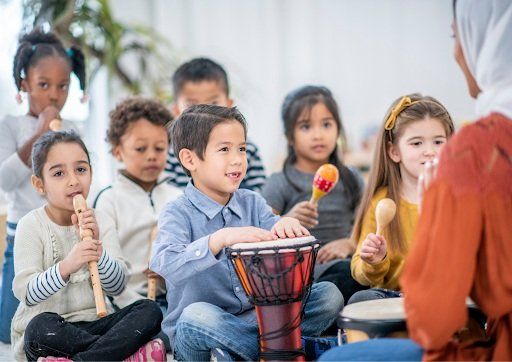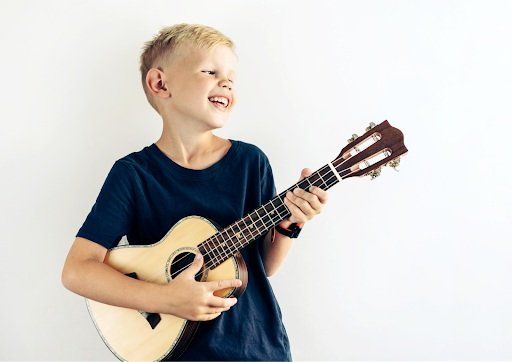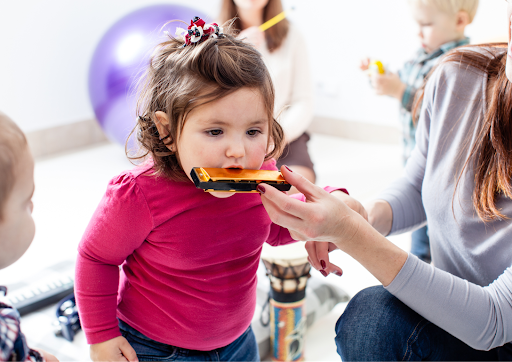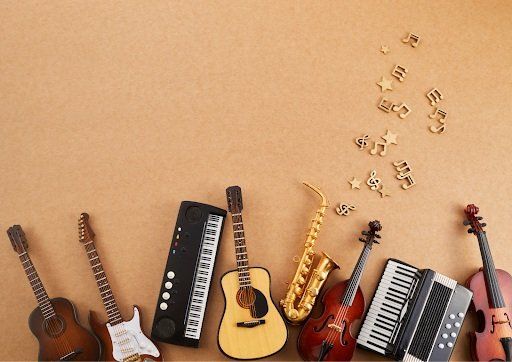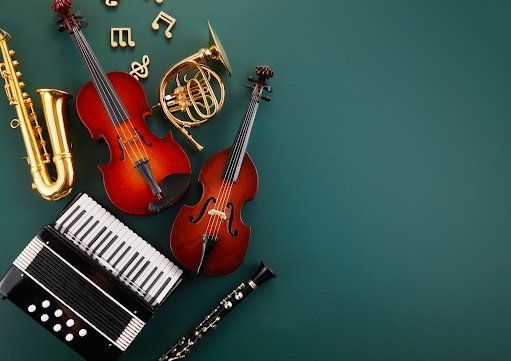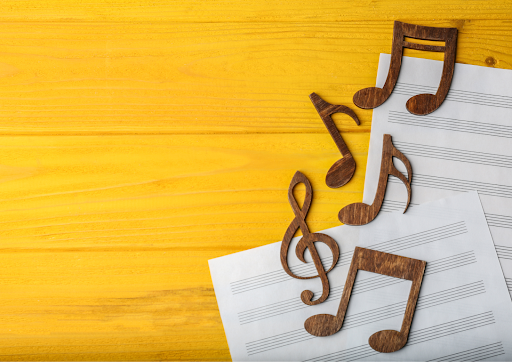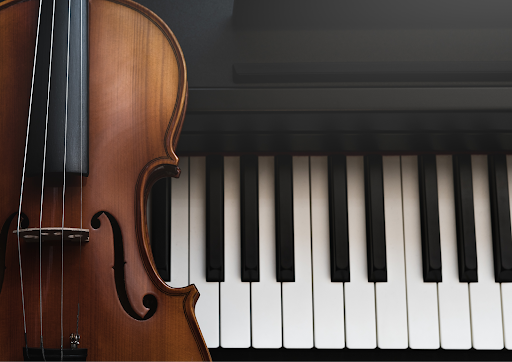Starting a Kids Band – What Should I Know?
Forming a Kids Band Requires a Strong Foundation
It’s a tale as old as time. A child sees a band performing on stage, on TV, or online, and the inspiration hits them like a bolt of lightning! They want to start a band. Whether it’s the Rolling Stones or The Wiggles, most children experience that moment of witnessing a rock band and picture how cool and fun it looks to be in a band. Therefore, they want to experience it for themselves.
We always encourage children to follow their sparks of inspiration, but before your child starts a kids’ band, it’s essential to ensure they have a solid foundation in music. Private music classes offer the perfect opportunity for your child to learn the fundamentals of rhythm, melody, and harmony. With one-on-one instruction, they can progress at their own pace and receive personalized guidance from experienced instructors. When these foundations and skills are solidified, the likelihood of forming a kids’ band and having it last more than a few sessions greatly increases.
Jammin With You’s early education programs are specifically designed to help children aged 3-7 develop musical skills in a fun and engaging environment. These programs lay the groundwork for future success in a band by instilling a love and understanding of music from an early age.
Join the JamBAND Program
Having an experienced leader at the helm is crucial when starting a band. That’s where our JamBAND program comes in! Led by multi-instrumentalist instructors, JamBAND provides students with the technical instruction and guidance to ensure the band thrives.
In addition to learning how to play together as a group, students in the JamBAND program can explore different musical styles and collaborate with fellow musicians – they can even try playing different instruments if they have the ability. Our arrangements allow students of all skill levels to join and play in the same band, making it a fun and inclusive experience for everyone involved.
Rehearse and Perform
Once your child’s band is formed, it’s time to start rehearsing and performing! At Jammin With You, we provide state-of-the-art facilities and top-notch equipment to help young musicians hone their skills. With dedicated rehearsal spaces and experienced instructors, your child will be well-equipped to take the stage and showcase their talents.
With regular performance opportunities, your child can gain valuable stage experience and build confidence as a performer. Forming a band is not just about the skill sets as a musician; it takes experience to build a cohesive presence with other kids on stage, which is why we created the jamBAND program.
Starting a Kids Band – A Kids Band Does Not Exist in Isolation!
Just as participating in multiple team sports helps kids develop various athletic skills, playing in multiple bands can significantly enhance their musical abilities and versatility. At Jammin With You, students have the opportunity to play in as many bands as they want, allowing them to learn new skills and broaden their musical tastes.
Starting a band is a fun and fulfilling hobby and an opportunity for your child to learn, grow, and thrive as a musician. With the support of experienced instructors and the camaraderie of fellow bandmates, your child will embark on a musical journey that will enrich their lives for years to come. With jamBAND, our goal is to help kids build the skills and gain the group experience needed so they can eventually join/start many bands of their own down the road.
Contact us with any questions.
